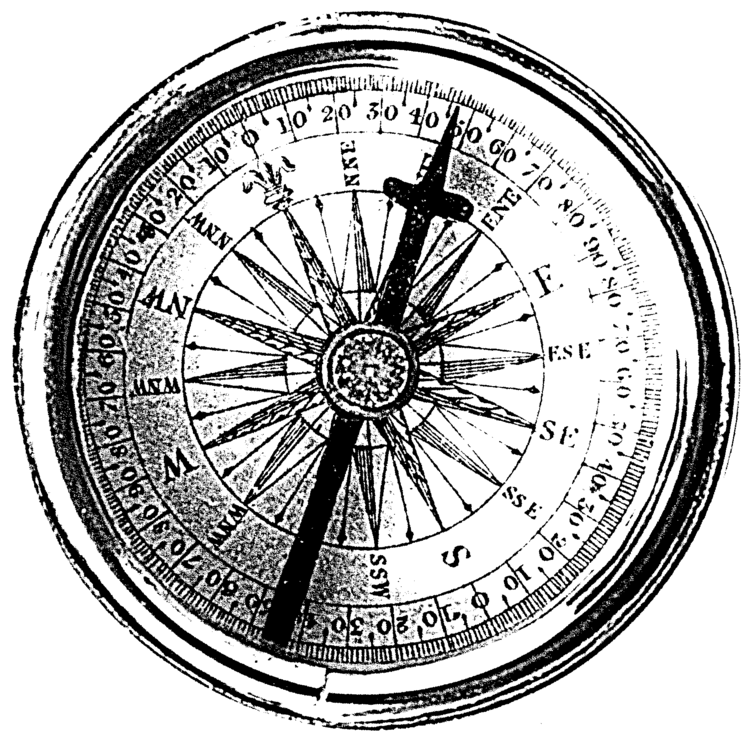In 2016 Vietnam suffered its worst maritime pollution disaster when over 100 tonnes of fish carcasses washed up on the beaches in Hà Tĩnh, Quảng Bình, Quảng Trị and Thừa Thiên–Huế provinces. Formosa Ha Tinh Steel, a steel plant built by the Taiwanese corporation Formosa Plastics, discharged toxic industrial waste illegally into the ocean through drainage pipes. After denying responsibility for months, Formosa accepted responsibility for the fish deaths on June 30, 2016.
The disaster disrupted the livelihood of fishermen in four provinces in the central coast of Vietnam. On 4th May 2016, the Vietnamese government announced a ban of processing and selling seafood caught within 20 nautical miles of the central Vietnam provinces, just one day after the Ministry of Natural Resources and Environment had claimed that the seafood in the region met safety standards.
According to the local government of Quảng Bình, the fishermen of this province had already lost $5.2 million; in addition, the disaster also heavily impacted the tourism industry as nearly 30% of tourists cancelled their planned tours to the affected provinces for the national holiday season starting on 30th April.
The Vietnamese government has cracked down on peaceful protests and civic action from affected fishermen, including arresting Nguyễn Văn Hoá, a citizen journalist who covered the Formosa protests. He was charged for "conducting propaganda against the state" under Article 88 of the Vietnamese Penal Code and sentenced to seven years prison. Lê Đình Lượng, another environmental activist who campaigned for just compensation for affected fishermen was arrested for "activities attempting to overthrow the state" in July 2017.




